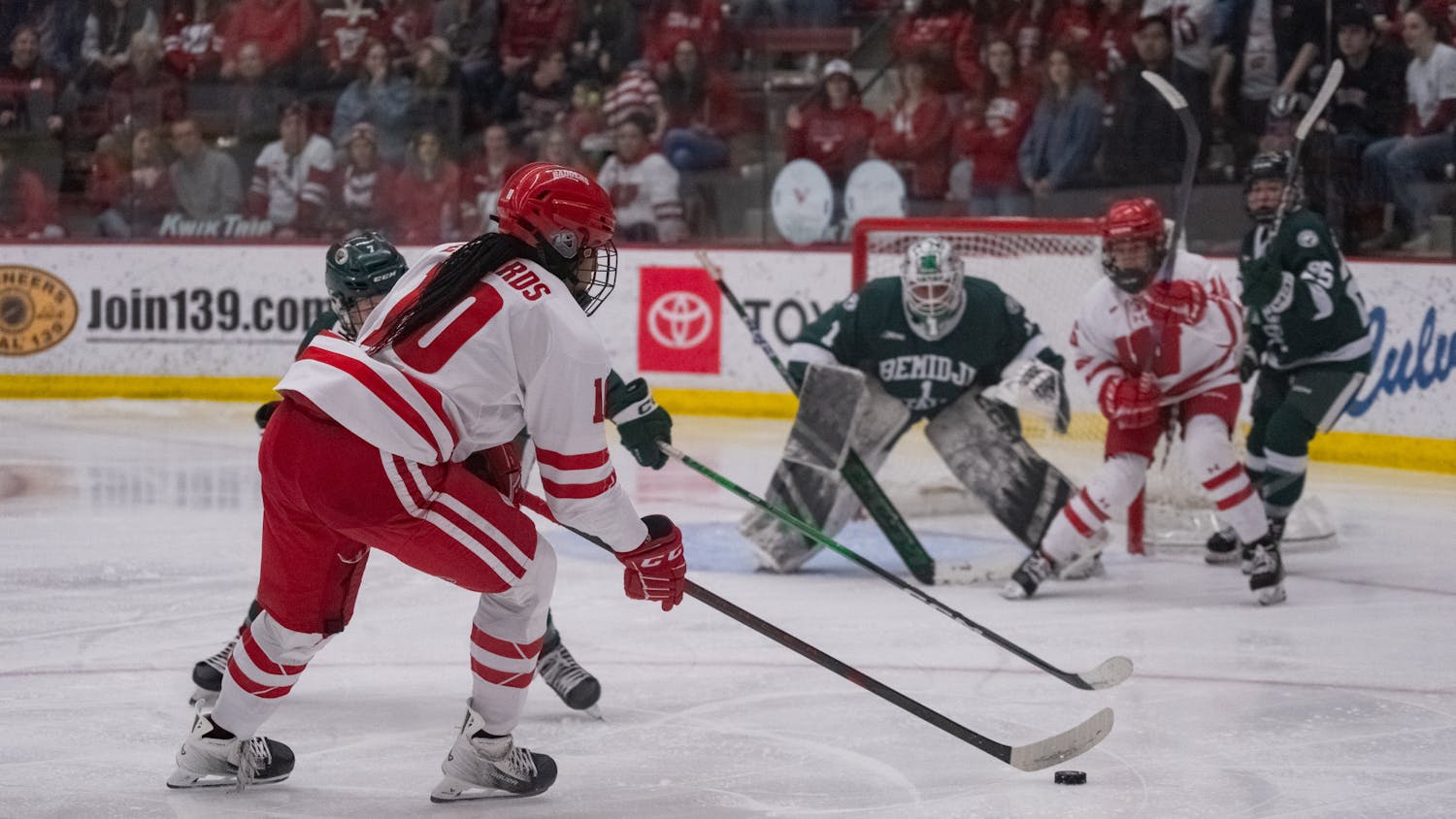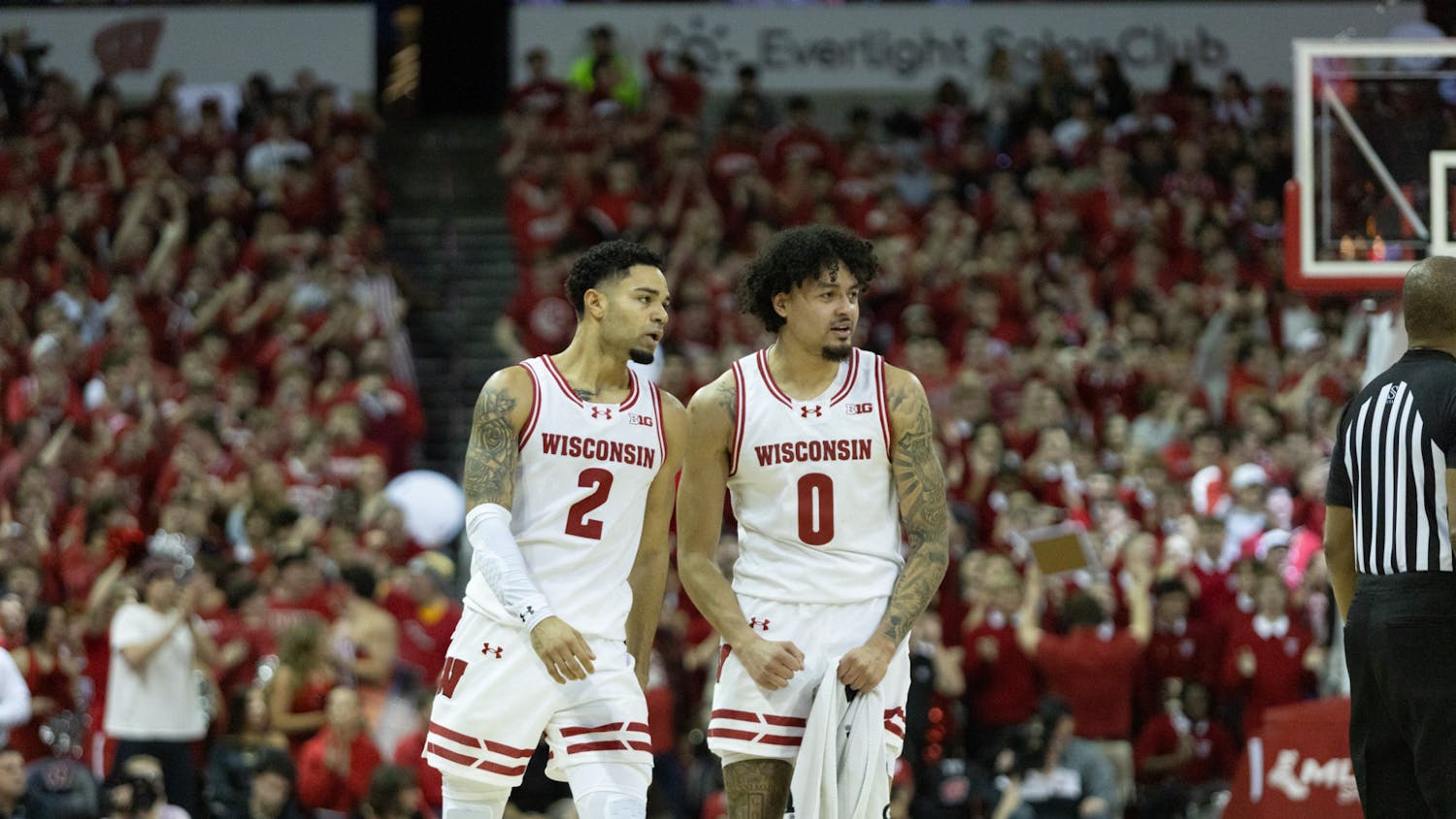Sports and religion have always been intertwined. Religious studies author Robert Ellis points out that in ancient times, sports were seen as “communication with the divine,” and we see this exemplified in many primordial cultures. Cherokee Native Americans played a game understood to be in the presence of the “Great Spirit,” and this early form of organized sport was a means of ensuring fertility.
In this way, sport was a religion. The ideologies of sport and religion have had historical conflict, as with Christians opposing gladiator games in ancient Rome. Specifically, they objected to the inherently anti-Christian activities surrounding spectating — drunkenness, gambling and mob mentality. However, by 1920, the leader in Christian sport, YMCA, had over a thousand buildings, depicting the distinct cultural union religion and sport had formed.
Around this time, football in particular was highlighted by Bishop William Thomas Manning as “one of the best developers of the qualities of fairness, self-control, teamwork, self-sacrifice, the suppression of self for the good of the whole and inculcation of a sense of honor.”
Contemporary football is perhaps not as ritualistic as the ancient Meso-American game in which the losing captain was executed by the winner, where the ball represented the sun and the court the galaxy. However, religion and football are deeply interconnected, particularly at the collegiate level. College football’s heavy reliance on religion, specifically Christianity, points to intricate systems of power that control and shape student athletes.
A critical point to understand is that religion shapes recruiting, and recruiting shapes college football. Recruiting is often referred to as the “lifeblood” of college football, and for good reason. In the 2020 recruiting cycle, four of the top five recruiting teams made the most recent college football playoff.
Recruiting dominance usually translates directly to gridiron dominance, and Christianity plays a key role on the recruiting side. Clemson, who has won two out of the last four national championship games, epitomizes the use of Christianity as a weapon. Tigers head coach Dabo Swinney's highly publicized Christian faith has attracted many fans from outside of South Carolina. Swinney is among many coaches in the south who design their program around faith, swooning the Christian families of student athletes.
Athletes themselves are also eager to consume these coaches' blend of faith and football. Tua Tagovailoa, all-time great Alabama quarterback currently playing his rookie season in the NFL, chose to play in Tuscaloosa because “first and foremost, it was their belief in God.” Alabama holds a team mass before every game, similar to programs such as Notre Dame. The highest ranked quarterback recruit in the 2020 class, DJ Uiagalelei, chose Swinney and Clemson because he “can just feel the presence of god up there.”
In the same way that Christianity is a weapon of recruiting, it’s a tactic of conformity in a diverse locker room used to bridge race, socioeconomics, and class. Former Ole Miss head coach Hugh Freeze held what was essentially church for his players and coaches every Sunday — in an ironic turn of events, Freeze was outed for using a university phone to call an escort service. Swinney has been quoted saying exposing players to Jesus is his “number one job.”
For proof, look no further than his widely circulated baptism of former wideout De’Andre Hopkins on Clemson’s state-funded practice field. Swinney’s predecessor at Clemson, Tommy Bowden, held a “church day” during every preseason. While all of these Christian activities are technically optional for players, they’re collectively regarded as vital for team chemistry. Less spiritual players feel pressure to conform, as they’re completely at the mercy of coaches who control their scholarship. As Bowden once said of his team’s Christian activities, “make [them] as mandatory as you can make [them].”
Over time, sports have shifted from an expression of religion to a vehicle for it. The two have always been aligned, and christianity has entrenched itself in the unique environment of exceedingly commercialized, yet “unprofessional” college football. Devout, highly ranked student athletes will find Christian-focused, powerhouse programs such as Clemson and Alabama decidedly welcoming. But what about athletes of other religions, or non-theistic athletes? Does the stratification of power in regards to religion in top football programs across the country force athletes into decisions they’d rather not make?
In the already restrictive world the NCAA has created for athletes, the weaponization of religion adds a new dynamic but also troubling implications for systems of power within college football.






